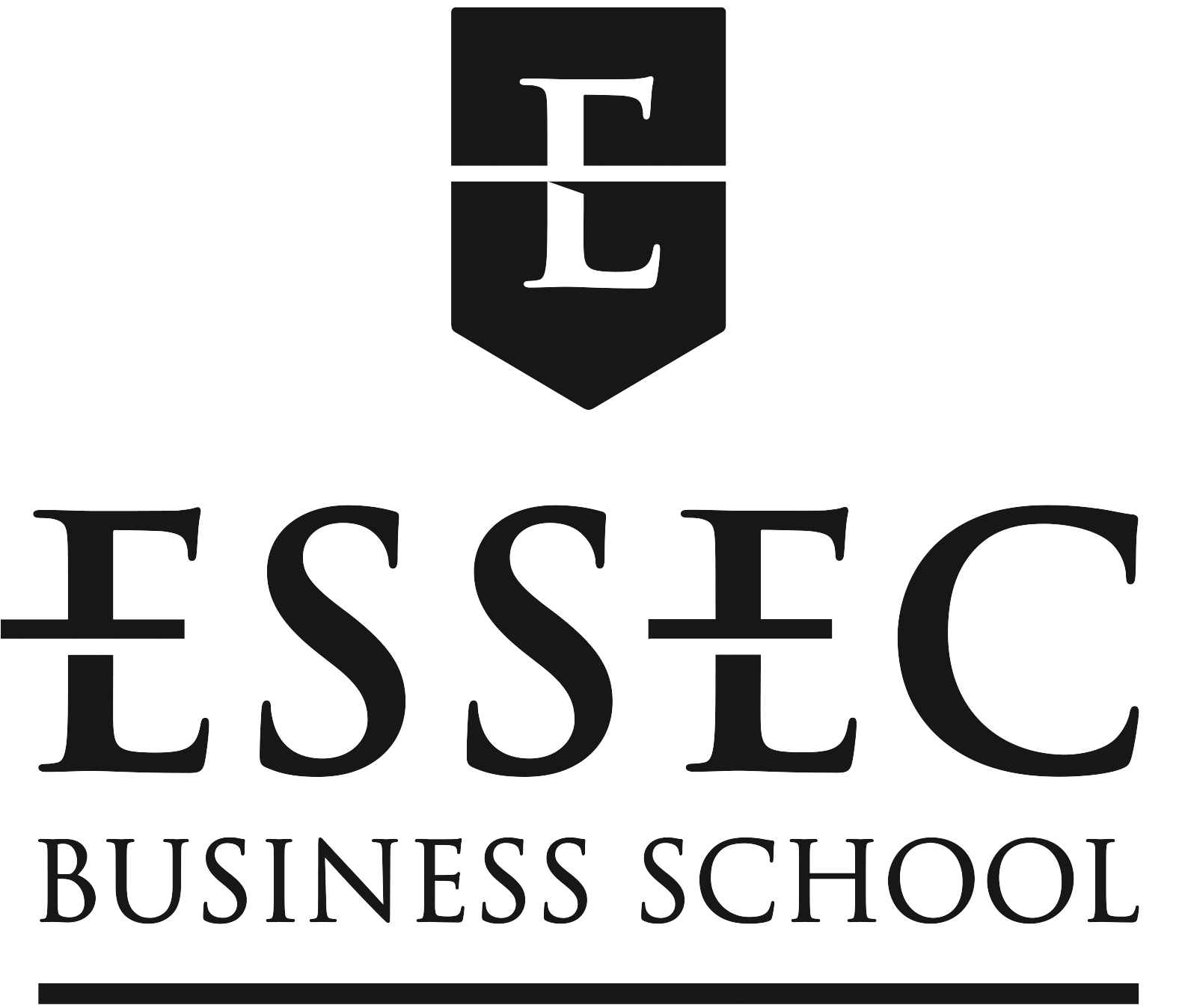While the world reeled in shock from the wrecking ball of COVID-19, ESSEC stayed true to the values of innovation and flexibility that the curriculum espouses.
Professor Aarti Ramaswami, the Deputy Dean of the Asia-Pacific campus in Singapore, aptly put it in a welcome webinar. The question is: “What is the mindset that we can embrace to enable us to be more resilient, more open-minded, and more creative in the ways we deal with the pandemic?”
Supporting Students from Enrolment to Admission
At ESSEC, safety measures under local regulations and health advisories were swiftly implemented across the Asia-Pacific Singapore campus. Enrolment procedures were adapted to cater to school closures and entrance exam cancellations across the globe. English test requirements were temporarily waived for enrolment this year, and candidate interviews were shifted online for ESSEC’s Global Bachelor of Business Administration (GBBA) program.
For a young student who had to grapple with all the pandemic complexities, the support for participants has also intensified.
21-year-old Matteo Keller, a Swiss student in his first year of the GBBA program, shares that despite the pandemic, he had received support from the school to review his curriculum vitae and assist him in his application.
To help new enrollees transition to Singapore, ESSEC held webinars throughout the months before starting the academic year for parents and students to keep abreast of new developments.
Regular fireside chats were also conducted for questions to be answered. Finally, for students serving the Stay Home Notice for travelers coming into Singapore, there are daily coffee chats on Zoom to learn about the country.
“This is particularly important as we understood that many of our GBBA students are traveling and living abroad on their own for the first time,” Reetika Gupta, the GBBA Associate Academic Director and Associate Professor at ESSEC Asia-Pacific, says. She emphasizes that ESSEC “placed and continues to place significant emphasis on nurturing a supportive and safe environment for our students to thrive.”
Combining Classroom and Online Learning
The school also ensured faculty and external partners were trained and equipped with new learning tools and facilities to continue delivering classes without compromising quality. The schools’ readiness allowed lessons to be conducted both in-person and streamed online—a seamless move to a blended format.
Far from diluting the learning experience, many professors have adopted the flipped learning model, where students watch lectures on their own time and come to class to discuss selected topics in more depth. Reetika, supports this learning experience.
“Professors found this format to be useful, and students have come away with advanced learning and knowledge about the courses they did,” Reetika shares.
This method has also allowed students like 21-year-old Ajrin Choudhury to continue her second year of the GBBA from her home country in Bangladesh. It also afforded her the flexibility of working through the night, when she is the most productive.
Her classmate, 19-year-old Niklas Schmitt, who hails from Australia, adds that the challenges of coordinating group projects across time zones allowed him to acquire skills he believes are “essential in a modern business.”
Solidarity Over Ranking
Worth noting is that 96 percent of ESSEC graduates found employment within six months. Top recruiters include McKinsey, KPMG, Microsoft, and Ubisoft within six months of graduation and enjoy a competitive starting salary of SG$63,000 a year. The career opportunity is a credit to ESSEC’s dedicated career services, helmed by experts in their respective industries and executive search.
Staples in the career services offerings include career workshops, career coaching sessions, and lunchtime talks, all of which have shifted to a blended format. The main difference is that now “we are spending more time working with students on their online presence and how to network, interview, and interact online,” Larry Medina, Head of Career Services, Alumni and Corporate Relations at ESSEC Asia-Pacific, says.
The students have, in turn, demonstrated their resilience by flexibly shifting student life activities to the online platform. Now there are Netflix parties, game nights, and fitness classes—all conducted virtually.
As the student council head and organizer of these events, Niklas observes that “participation rates for events are much higher, and the cohort is surprisingly more cohesive than it was pre-COVID.”
So perhaps, challenging though the pandemic may be, it is, as Professor Aarti wisely describes: a time to build exciting stories and create a narrative that demonstrates one’s creativity and resilience.
With the strengthened infrastructure in the Singapore campus, what better place to rewrite this narrative than at the ESSEC Asia-Pacific, in an institution that will continue to lead by example, boldly tackling the future challenges in a world of constant change.
RELATED POSTS
How is Learning Different at ESSEC APAC: According to SMIB Students
ESSEC Master in Strategy & Management of International Business students weigh the differences between a master’s program and their undergraduate…
Building Global Citizens at the ESSEC GBBA Program
How the ESSEC Global BBA program ensures graduates have the cultural and social awareness to thrive in the global world.
Why Experienced Professionals Choose the MiF Program at ESSEC Asia-Pacific
Master in Finance students from the class of 2023-2024 share how the program offers them an advantage.
The Best of East and West: Three Reasons Why SMIB Students Choose ESSEC APAC
Master in Strategy and Management of International Business students share the rationale for studying in a French school in Singapore.
Why Global Talents Call Singapore Home
Learn how Singapore’s strategic location, economic strength, and cultural blend, along with its investment-friendly policies, have made it a central…
Why Study in Singapore at ESSEC APAC
Find out why Singapore attracts international students with its top-notch infrastructure, strategic location, and strong economy, making it an…







